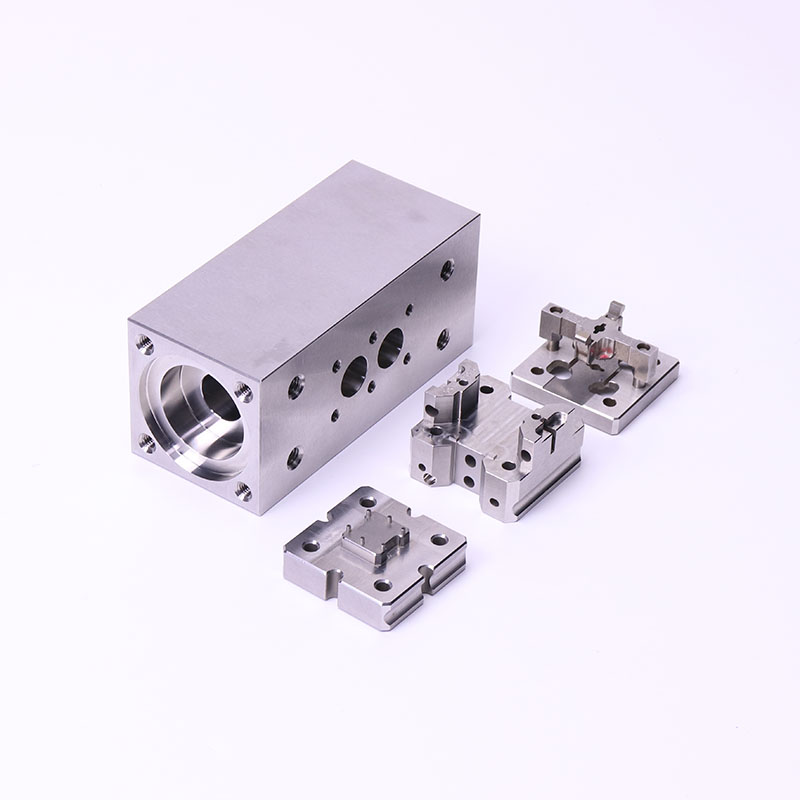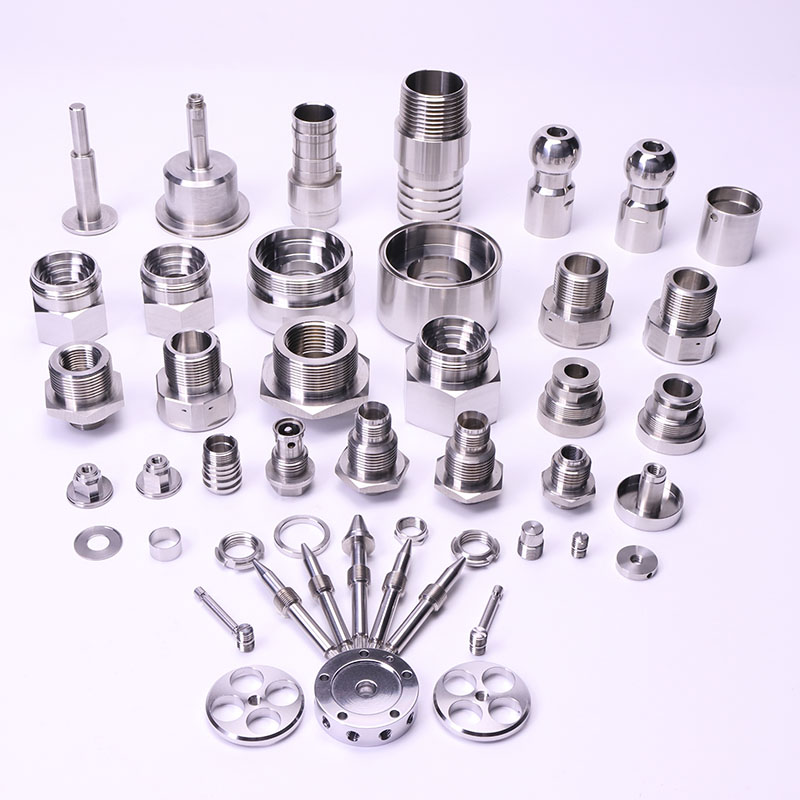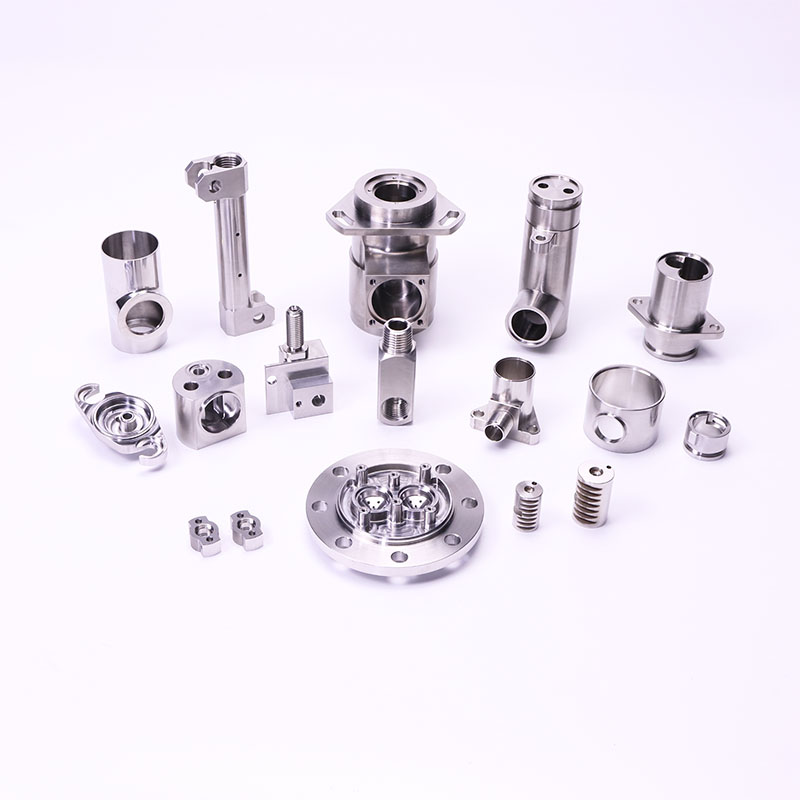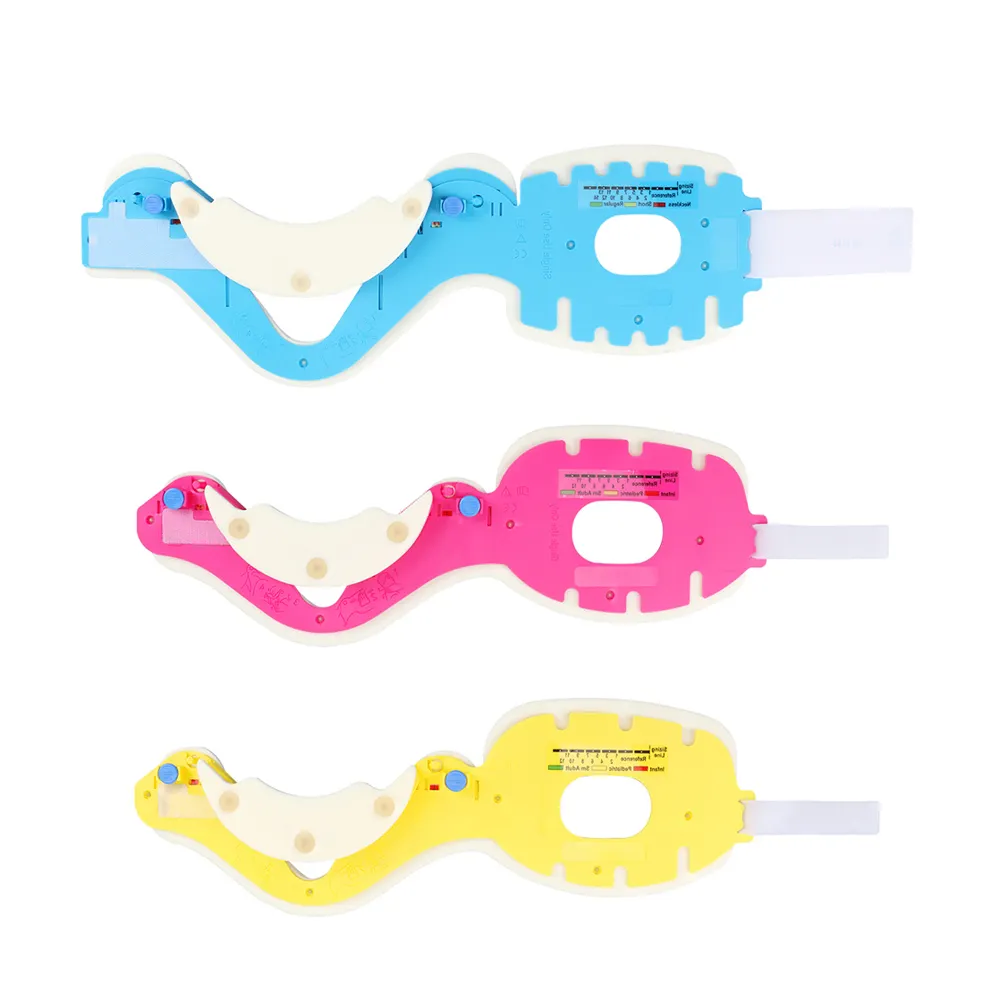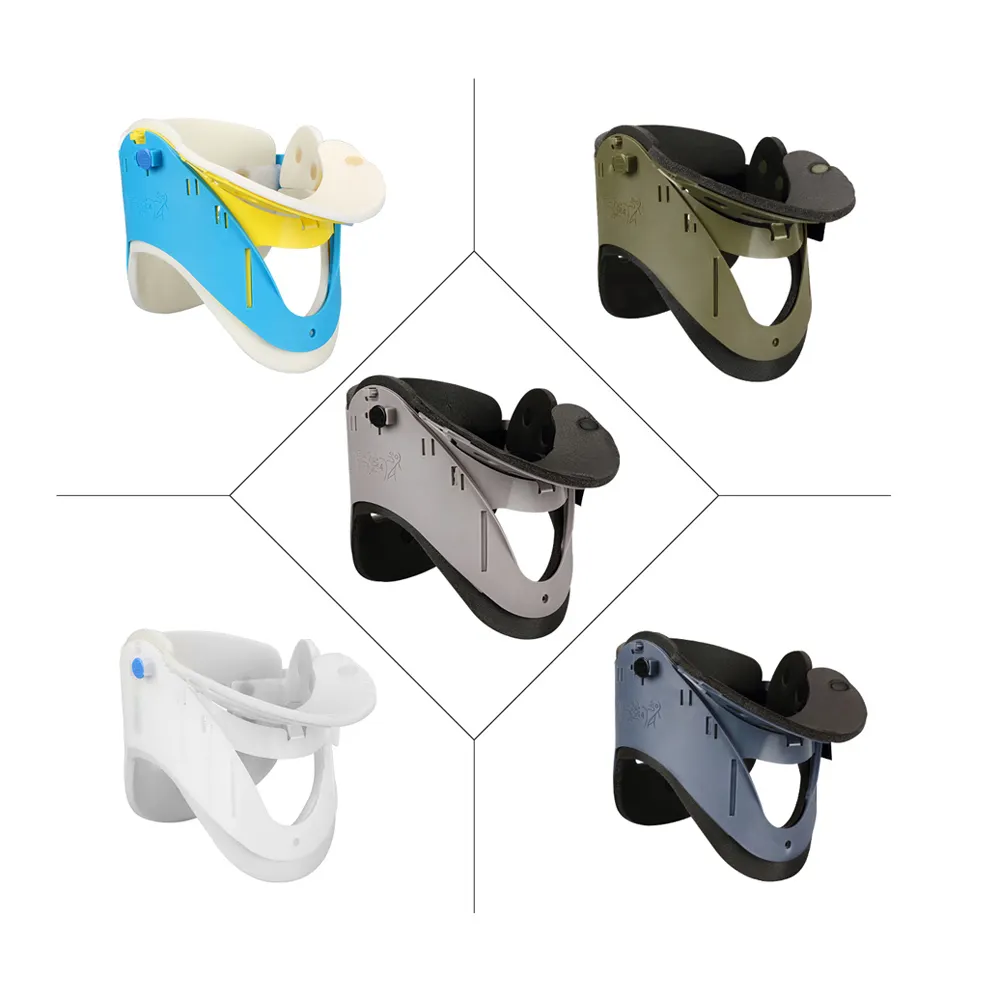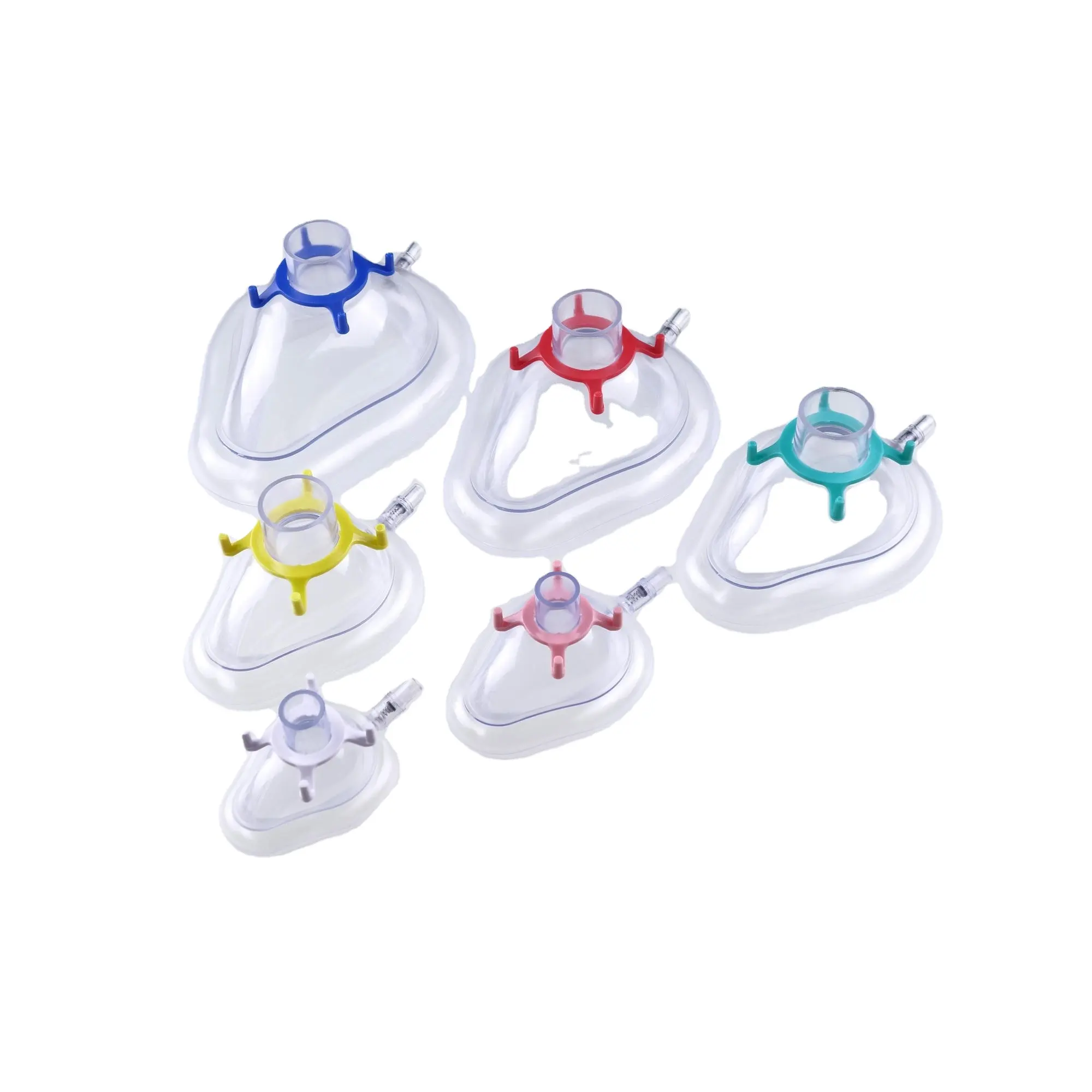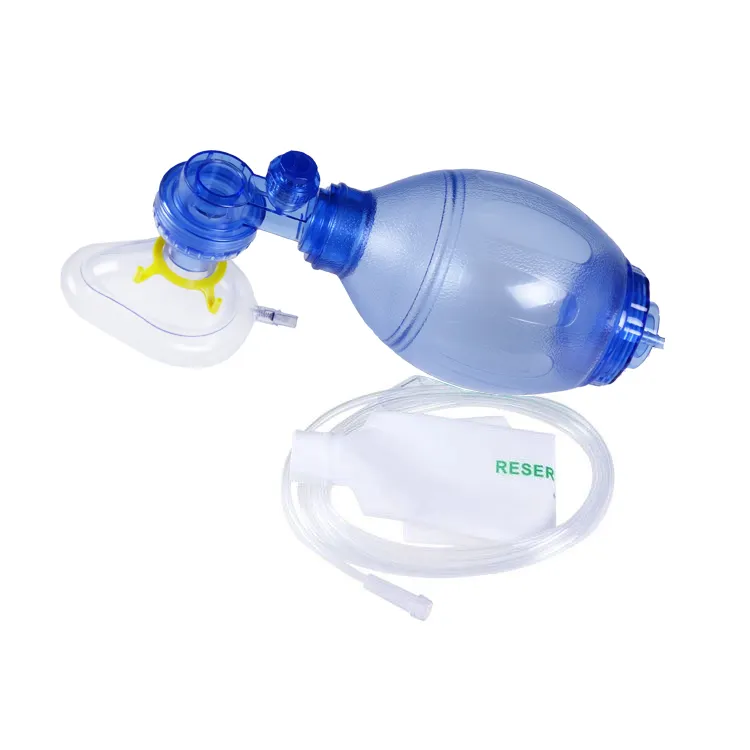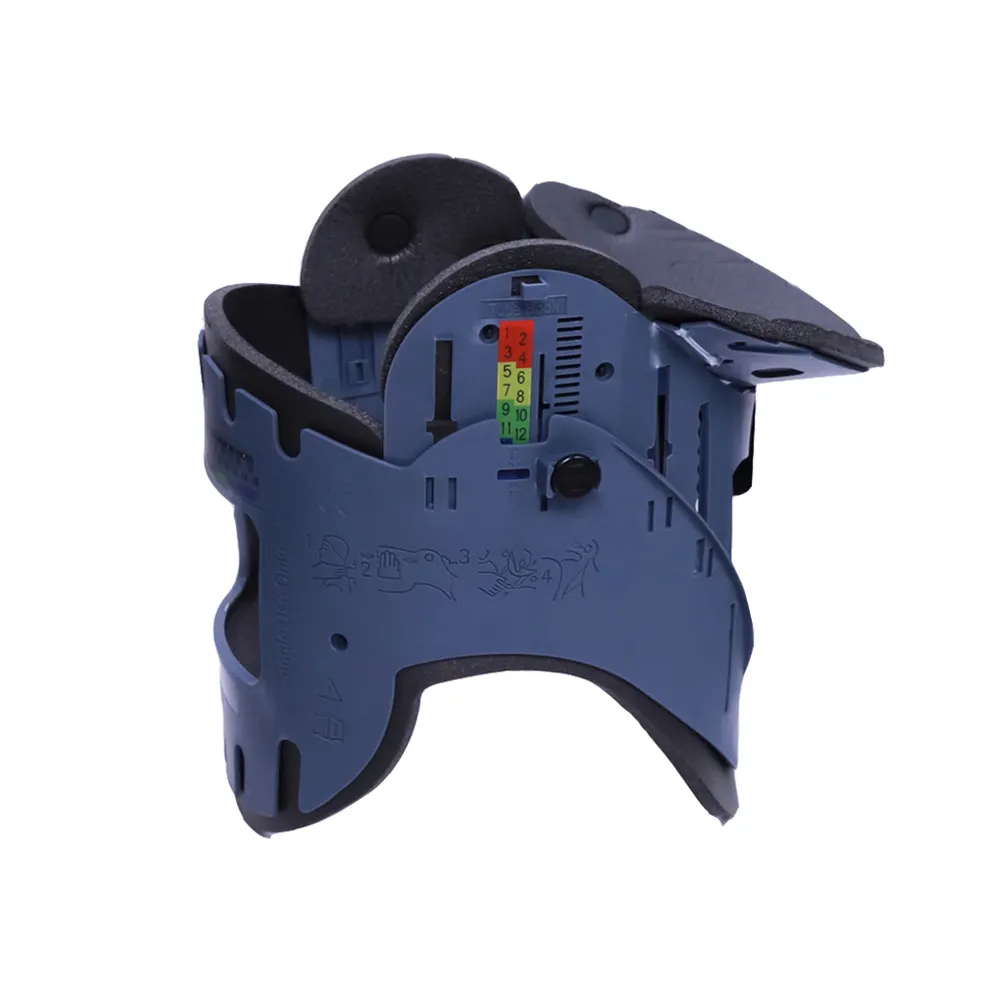Introduction
Precision machining is the backbone of modern manufacturing, enabling the production of complex components with unparalleled accuracy. As industries demand tighter tolerances and higher performance, precision machined parts manufacturers must leverage advanced technologies and expertise to meet these challenges. But what exactly is high precision machining, and why is it so crucial? This article explores the definition, processes, and applications of high precision machining, highlighting its significance in today’s industrial ecosystem.
1. Understanding High Precision Machining
1.1 What is High Precision Machining?
High precision machining refers to the process of manufacturing parts with extremely tight tolerances, often within a few micrometers (µm). This level of accuracy is achieved through advanced CNC (Computer Numerical Control) machines, skilled operators, and rigorous quality control measures. Industries such as aerospace, automotive, and medical devices rely on high precision machining to produce components that perform flawlessly under demanding conditions.
1.2 Key Technologies in High Precision Machining
CNC Machining: CNC machines are the cornerstone of precision machining, offering unmatched control over cutting tools and workpiece positioning.
Multi-Axis Machining: 5-axis and 7-axis CNC machines enable the production of complex geometries with minimal setup changes.
Advanced Metrology: Tools like coordinate measuring machines (CMMs) and laser scanners ensure that parts meet exact specifications.
1.3 Tolerances in High Precision Machining
Tolerances in high precision machining can range from ±0.025 mm to as low as ±0.001 mm, depending on the application. For example, in the aerospace industry, turbine blades require tolerances within ±0.005 mm to ensure optimal performance and safety.
2. Applications of High Precision Machining
2.1 Aerospace Industry
The aerospace sector demands components that can withstand extreme temperatures, pressures, and stresses. Precision machined parts manufacturers produce critical components such as engine parts, landing gear, and structural elements with tolerances as tight as ±0.002 mm. A notable example is the production of turbine blades for jet engines, where even the slightest deviation can lead to catastrophic failures.
2.2 Medical Devices
In the medical field, high precision machining is used to create surgical instruments, implants, and diagnostic equipment. For instance, orthopedic implants like hip and knee replacements require tolerances within ±0.01 mm to ensure proper fit and functionality
2.3 Automotive Industry
The automotive industry relies on precision machining for engine components, transmission parts, and fuel systems. High precision machining ensures that these parts operate efficiently and contribute to the overall performance and longevity of vehicles.
3. The Role of Precision Machined Parts Manufacturers
3.1 Expertise and Experience
Precision machined parts manufacturers like Xiamen Prime Kunwu Industrial Co., Ltd. bring decades of experience and technical expertise to the table. Their deep understanding of materials, machining processes, and quality control ensures that clients receive components that meet or exceed expectations.
3.2 Advanced Equipment and Technology
Investing in state-of-the-art CNC machines, multi-axis machining centers, and advanced metrology tools allows manufacturers to achieve the highest levels of precision. For example, the use of Swiss-type CNC lathes enables the production of small, intricate parts with exceptional accuracy.
3.3 Quality Assurance and Certifications
Reputable precision machined parts manufacturers adhere to international quality standards such as ISO 9001 and AS9100. These certifications demonstrate a commitment to quality and reliability, which is essential for industries like aerospace and medical devices.
4. Conclusion
High precision machining is a cornerstone of modern manufacturing, enabling the production of components that meet the most demanding specifications. Precision machined parts manufacturers like Xiamen Prime Kunwu Industrial Co., Ltd. play a vital role in delivering these components, leveraging advanced technologies, expertise, and rigorous quality control measures. As industries continue to evolve, the importance of high precision machining will only grow, driving innovation and excellence in manufacturing.
References
Smith, J. (2022). Advanced Machining Techniques in Aerospace Manufacturing. Journal of Precision Engineering, 45(3), 123-135.
Brown, L. (2021). The Role of CNC Machining in Medical Device Production. International Journal of Medical Manufacturing, 12(2), 89-102.
Global Precision Machining Market Report (2023). Grand View Research.
FAQs
1. What is high precision machining?
High precision machining involves manufacturing parts with extremely tight tolerances, often within a few micrometers, using advanced CNC machines and rigorous quality control.
2. Why are precision machined parts manufacturers important?
Precision machined parts manufacturers ensure components meet exact specifications, which is critical for industries like aerospace, medical devices, and automotive.
3. What industries rely on high precision machining?
Industries such as aerospace, medical devices, and automotive rely on high precision machining for critical components that require exceptional accuracy and performance.
4. What technologies are used in high precision machining?
Key technologies include CNC machining, multi-axis machining centers, and advanced metrology tools like CMMs and laser scanners.
5. How do precision machined parts manufacturers ensure quality?
They adhere to international standards like ISO 9001 and AS9100, use state-of-the-art equipment, and implement rigorous quality control processes.
Contact Info
Mr. Brook Lin
Job Title: Sales manager
E-mail: [email protected]
Mob/WhatsApp:+86 13599927066
Wechat:+86 13599927066 Skype:+86 13599927066
Country/Region: China (Mainland) Province/State: Fujian
Operational Address: Building 172, Tongan Industrial Zone, Tongan Area, Xiamen, Fujian, China (Mainland) Zip: 361100

